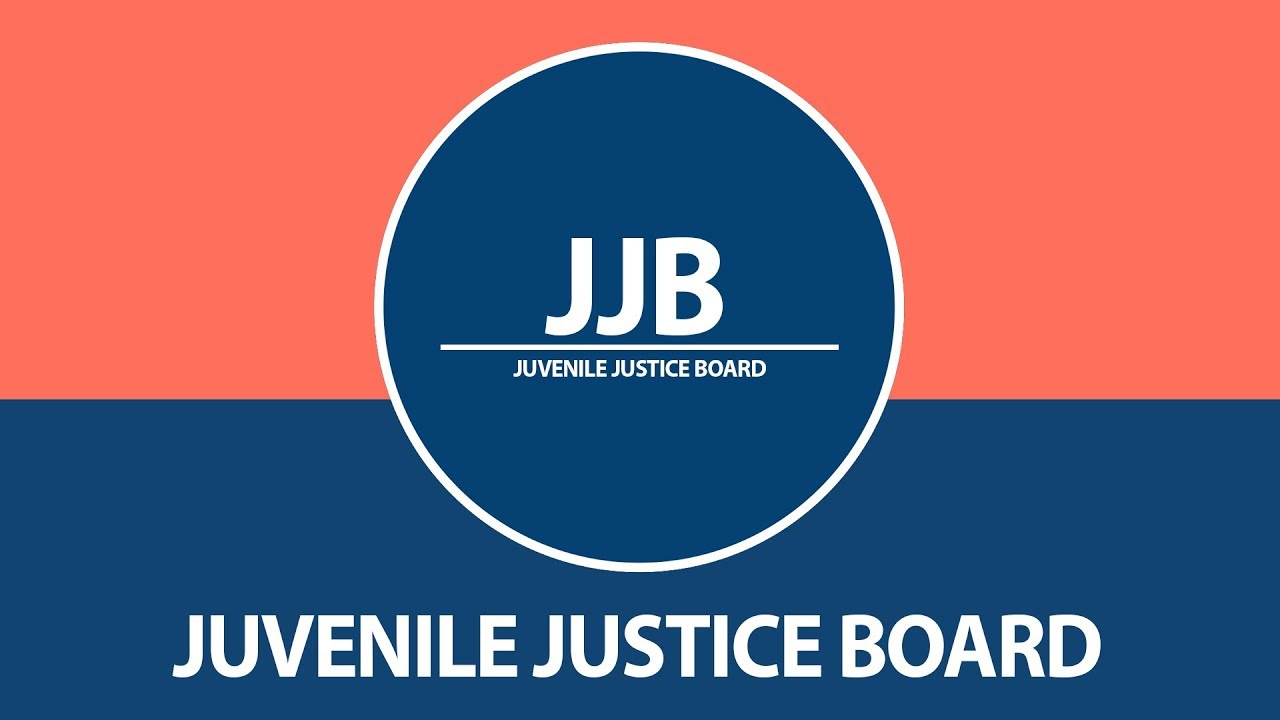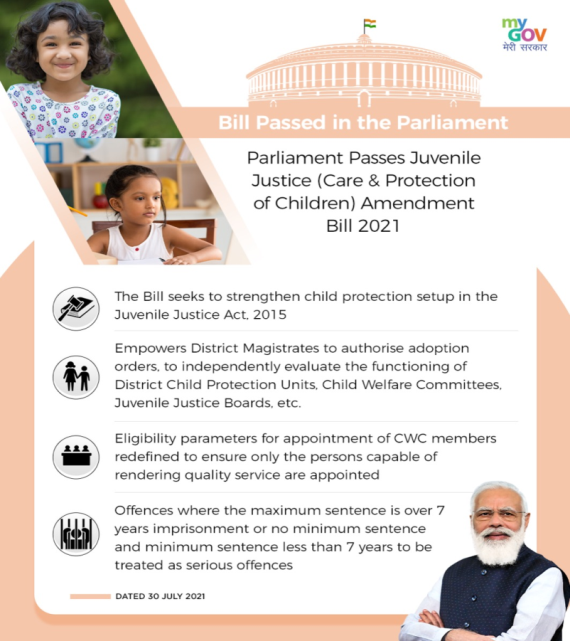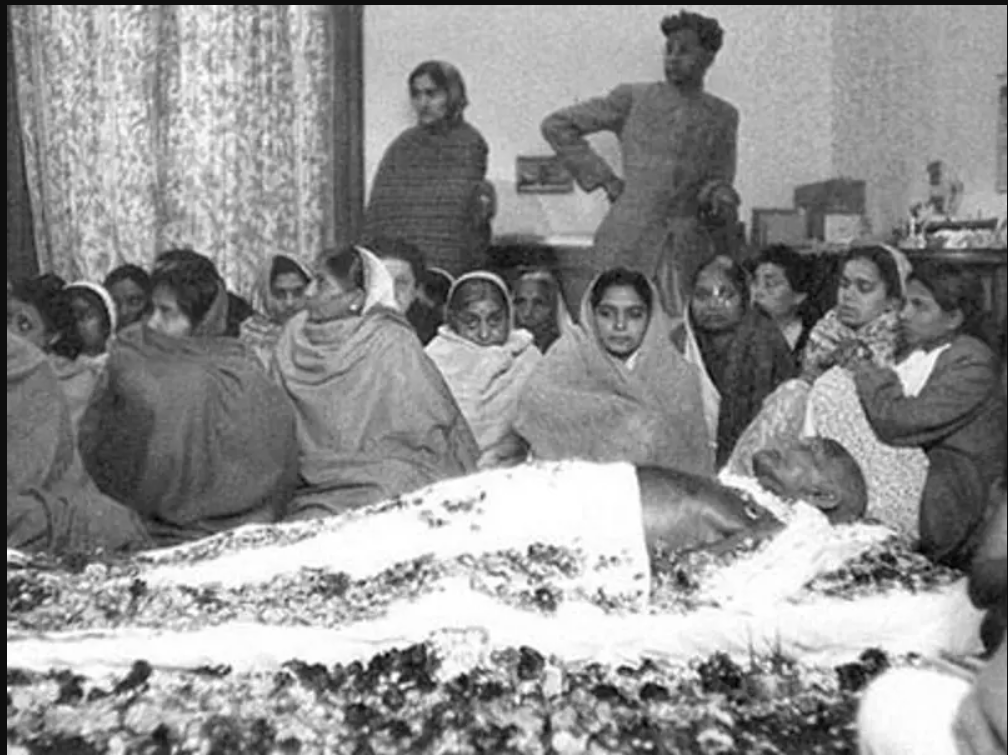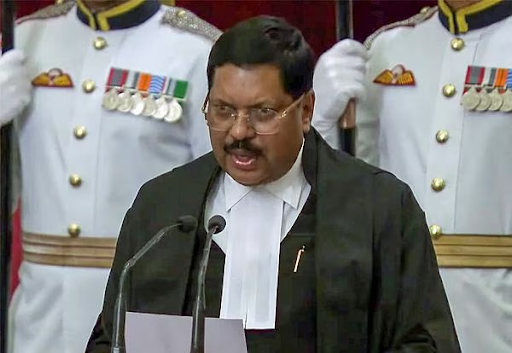Description

Copyright infringement not intended
In News
- The Supreme Court of India has asked the Union Government, the National Commission for Protection of Child Rights (NCPCR) and the State Commission for Protection of Child Rights (SCPCR) to release guidelines to aid and facilitate the Juvenile Justice Boards (JJBs) in defining whether a child of 16 years of age and above can be tried as an adult for a heinous offence.
- The Court said that while considering a child as an adult, we should look at his or her physical maturity, cognitive abilities, and social and emotional competencies.
Details
- According to the Juvenile Justice (Care and Protection of Children) Act (JJ Act) 2015, if a child of 16 years of age or above has committed a heinous offence (Crime for which the minimum punishment is 7 years imprisonment) — then the Juvenile Justice Boards (JJBs) need to conduct a preliminary assessment with regard to accused mental and physical ability to understand the consequences of the offence and the circumstances before deciding whether the child needs to be tried as an adult.
- Before 2015, all children below the age of 18 years were treated as juveniles.
- The assessment needs to be done within 3 months from the date of the first production of the child before the Board.
- Juvenile Justice Board is composed of a judicial officer and two social workers.
- If the Board order to treat a child as an adult
- The case is transferred before the children’s court.
- The court decides whether there is a need for a trial of the child as an adult or the child is sent to a “place of safety” until he reaches the age of 21 years, and is only then transferred to jail.
Juvenile Justice Board
- The Juvenile Justice (Care and Protection of Children) Act, 2015 introduced the Juvenile Justice Board.
- The bench has all the powers of a criminal court under the Code of Criminal Procedure.
- The Board includes psychologists and sociologists to decide whether the trial of offenders of age group 16-18 should be held as adults or not.
- The members are selected by a selection committee that is headed by a retired judge of the High Court.
- The State Government is responsible for training all the members of the Juvenile Justice Board.
- The tenure period is 3 years. However, members can also be appointed consecutively for a maximum of two terms.
- The pay and allowances of the Principal Magistrate are governed by the state government.
Juvenile Justice Act, 2015
- In 2015, the Indian Parliament has passed the Juvenile Justice (Care and Protection of Children) Act.
- It replaced the Juvenile Delinquency Law and the Juvenile Justice (Care and Protection of Children Act) 2000.
- The Act introduced the provisions to allow trials of juveniles in the age group of 16-18 years as an adult who were found to be indulged in heinous crimes.
- It replaced the Hindu Adoptions and Maintenance Act of 1956 and the Guardians of the ward Act of 1890 with a more universally accessible adoption law.
- It made the Central Adoption Resource Authority (CARA) the statutory body for adoption-related matters.
Juvenile Justice (Care and Protection) Amendment Act 2021
- Crimes against children that allow imprisonment between 3 to and 7 years will be considered “non-cognisable”.
- A cognizable offence is an offence in which the police officer can arrest the convict without a warrant and can start an investigation without the authorisation of the court.
- Cognizable offences are serious such as kidnapping, theft, dowry death, rape, murder etc.
- It strengthened the provision of protection and adoption of children.
- Adoption power was transferred to the district magistrate.

Copyright infringement not intended
https://indianexpress.com/article/explained/juvenile-justice-trial-explained-child-adult-8033429/
1.png)
https://t.me/+hJqMV1O0se03Njk9















